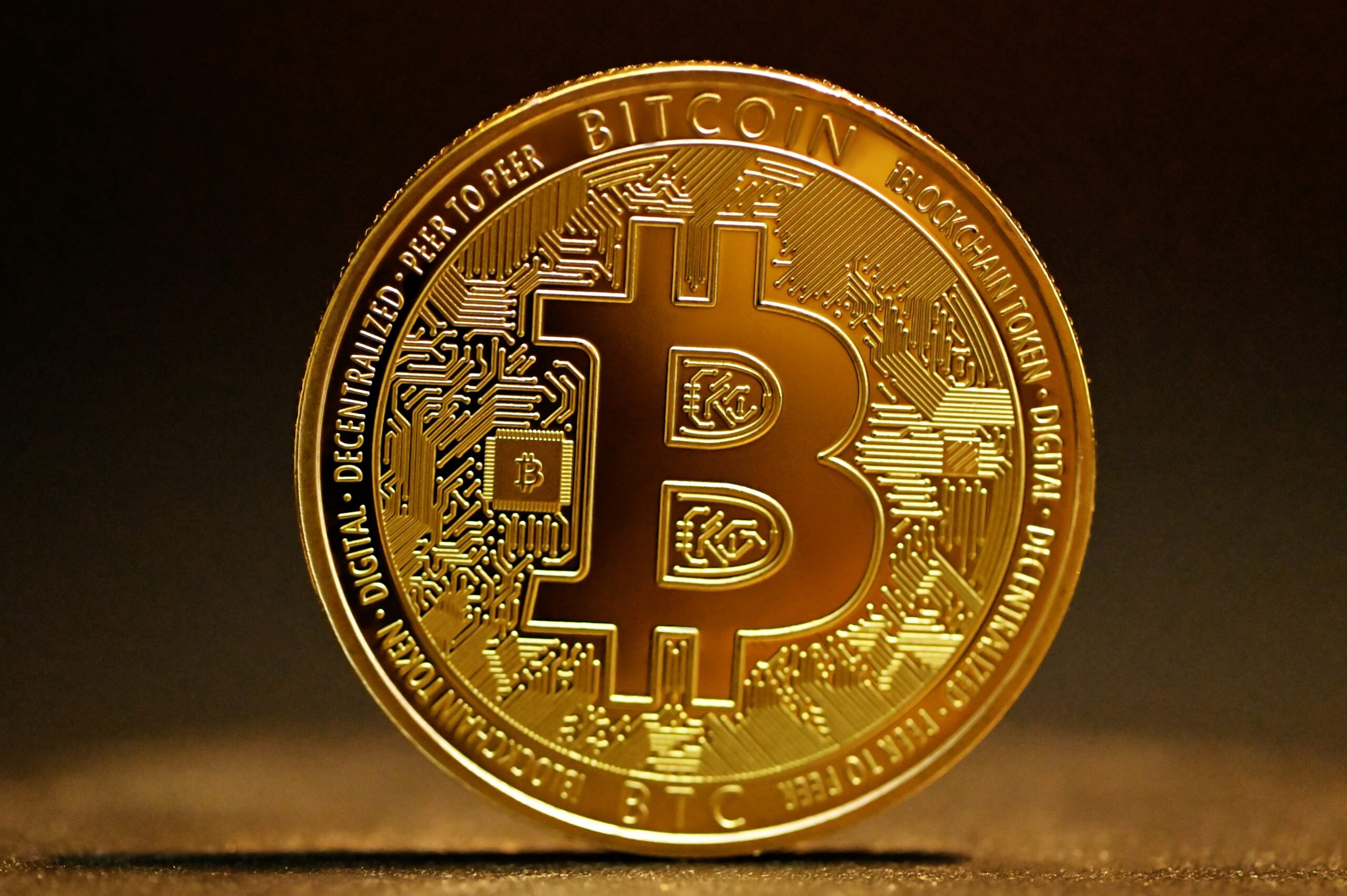Investors shouldn't be fooled by the negative news currently dominating the market. Bitcoin, the leading cryptocurrency, will continue its long-term uptrend into this decade. The bitcoin and cryptocurrency market, like many young markets, is characterised by wild price swings. This has also been the case in the past with now dominant stocks. Amazon shares fluctuated similarly to bitcoin in percentage terms for the first twelve years after its IPO in 1997. After that, there was a steady upward movement until today. In bitcoin's case, we are in the twelfth year since its inception, it has now established itself as the then ridiculed bookseller. Bitcoin can continue to be the ‘Amazon’ of cryptocurrencies.
More and more influential investors see it that way. For instance, according to a Bloomberg interview, Carl Icahn plans to invest up to $1.5 billion in various cryptocurrencies. On the stock markets, ridiculous prices are paid for certain shares, which he calls ‘meme stocks’. Cryptocurrencies are therefore an investment alternative.
The stock-to-flow model is the one that many cryptocurrency analysts use as the basis for their price forecasts. After the recent price falls, its developer, PlanB, sees no reason to believe that bitcoin's record-breaking run is over. Instead, it is sticking to its prediction that bitcoin will reach a price of $288,000 in the next three years. However, this price target is based on the slightly more optimistic version, the stock-to-flow cross-asset model (S2FX). Under the original model, the price forecast was $100,000.
In Latin America, a revolutionary new development may be taking hold. El Salvador's parliament has passed a law making bitcoin an official currency in the country, alongside the US dollar. According to El Salvador's president, Nayib Bukele, all restaurants, hairdressers and banks will have to accept bitcoin in the future. Bukele sees bitcoin as a way for many citizens to escape poverty. For example, 70% of the population has no bank account and would be financially included by Bitcoin. 30% of the gross national product relies on remittances from Salvadoran exiles, who have to pay very high exchange and transfer fees to do so.
Volcanic energy should help
Other countries in the region, from Paraguay to Argentina and Brazil, are watching this development and could open up to bitcoin. This revolutionary development in Latin America will not please institutions like the Federal Reserve or the IMF, but it won't be able to stop them. On the contrary, the Bitcoin revolution will become another building block in breaking the domination of the dollar. El Salvador could accelerate another trend and make Bitcoin green: there are plans to use the geothermal energy of volcanoes to extract Bitcoins. This would enable mining operations to benefit from 100% pure and renewable energy, with zero emissions.









